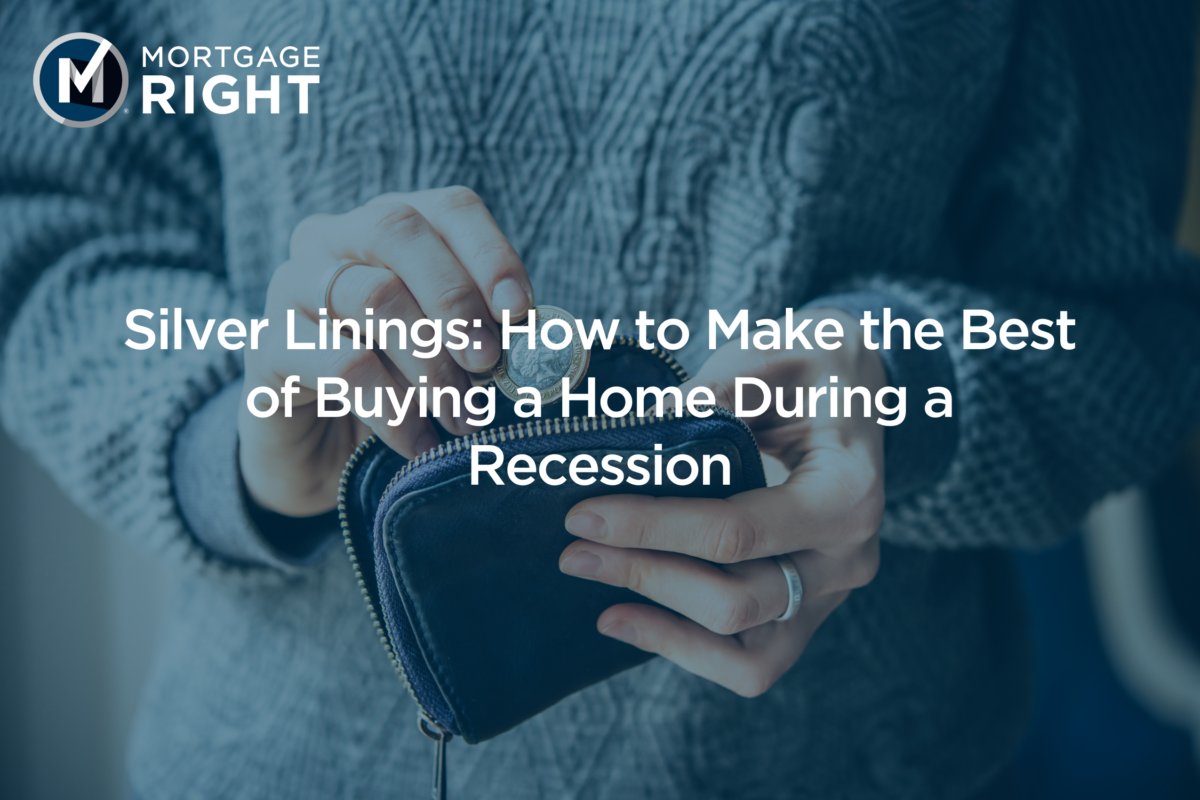
Mortgage rates are down, which can be an incentive for those looking to purchase or refinance a home. In fact, they’re some of the lowest rates we’ve seen in years! We talked to our resident expert employee, Jeff Angew, who provided some insight into how the current climate has impacted these opportunities for homeowners and homebuyers.
Why Have Mortgage Rates Fallen?
With the onset of COVID-19 in March, part of the Coronavirus Aid, Relief, and Economic Security Act (CARES Act) was to allow consumers to skip or lower mortgage payments for up to six months, a concept called mortgage forbearance. While beneficial for consumers, this component of the CARES Act incited something close to panic in the mortgage market.
Because many in the market believed that a reduction in mortgage payments meant a significantly lower return for investors, mortgage rates began to skyrocket and investors in mortgage-backed securities began to exit the space.
Enter the Federal Reserve, which, to help financial markets, lowered the federal funds rate to 0%-.25%, causing interest to fall significantly. However, this still did not help liquidity in the markets.
In April, the Federal Reserve again stepped in, this time to purchase mortgage-backed securities; thus, causing them to be the largest holder of these securities and return a level of security to the market. This resulted in the lowest rates seen in the mortgage market to-date, causing something of a refinance boom.
What are the Current Rates?
The current 30-year rate, as reported by Bankrate, is at 3.08%. The last time it was this low was in September 2016, at 3.32%.

Learn more about the rates and APR in your state here!
What Will Future Mortgage Rates Look Like?
The Federal Reserve plans to keep the federal funds rate at or near 0% through 2021 and will continue to purchase mortgage-backed securities. However, the presidential election in November could cause a change in the market, depending on who is elected.
Currently, there are an estimated 19 million highly qualified refinance candidates who could lower their rate by at least .75%, adding to the strain on mortgage originators and causing rates to stay in this range.
How Can You Take Advantage of These Low Rates!
While these rates are near historic lows, they won’t last forever. Whether you’re looking to purchase a house or refinance your current home, we’re here to help! Call us at 205.776.8401 to lock in your low rate today!
If you’re ready for a quote or a pre-approval, click the buttons in the top right corner of our home page.

















